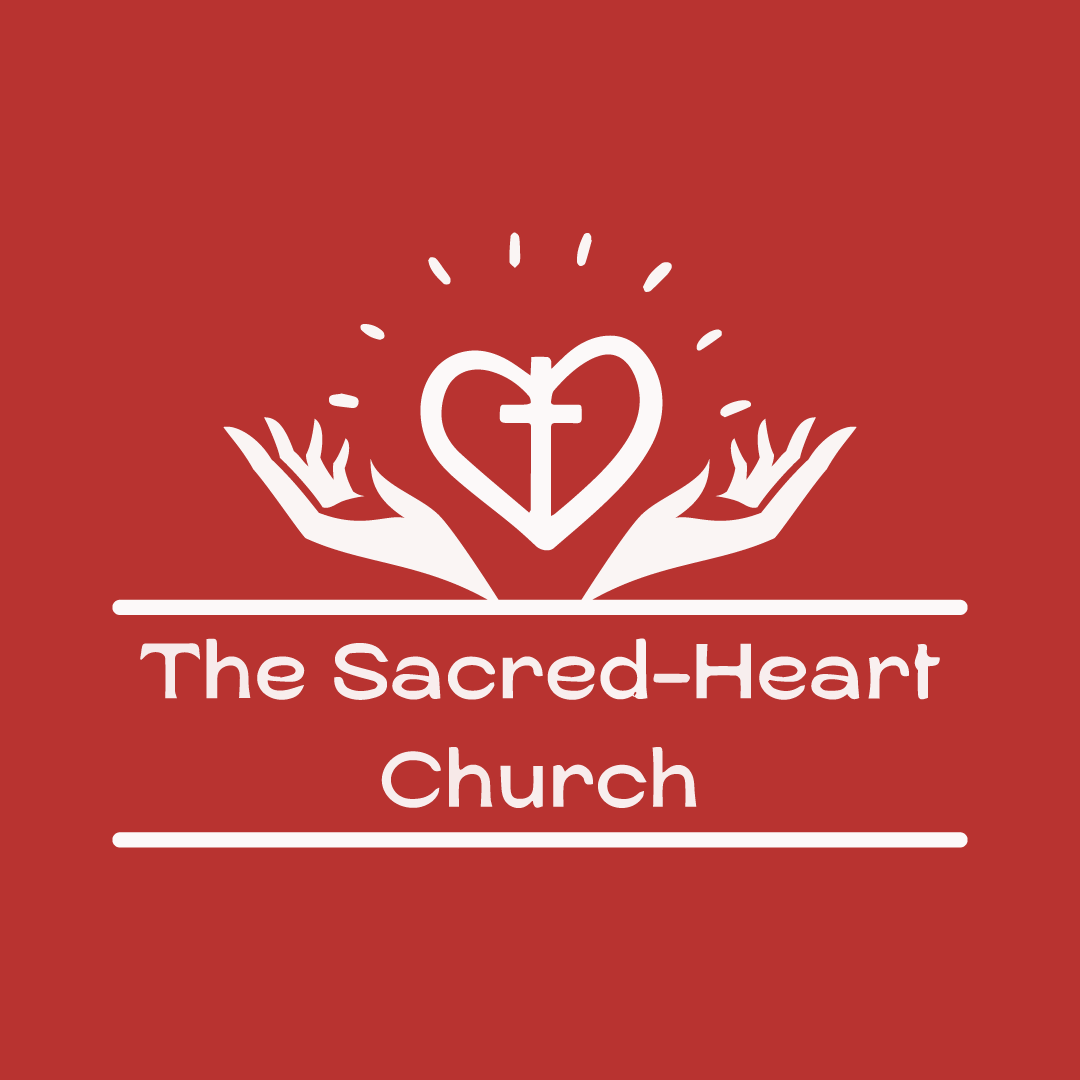For individuals navigating life’s challenges, whether it’s coping with grief, managing anxiety, or dealing with depression, having access to emotional support can be a vital lifeline. This is where support groups come into play – a network of people who share similar experiences and struggles, offering a safe space to connect, learn from one another, and grow together. From in-person gatherings to online forums, support groups provide a platform for individuals to find solace, understanding, and empowerment, helping them navigate their journey towards healing and recovery.

Example of a Support Group
We understand the importance of having a supportive community, which is why we’re happy to share an example of a support group.
- Alcoholics Anonymous: As mentioned earlier, AA is a well-known support group comprised of recovering or recovered alcoholics. This group provides a safe space for individuals to share their experiences and receive support from others who have gone through similar struggles.
- The National Alliance on Mental Illness (NAMI): NAMI is another excellent example of a support group, focusing on mental health issues such as depression, anxiety, and bipolar disorder. Their support groups offer a platform for individuals to connect with others who understand their challenges and receive guidance from trained facilitators.
- Cancer Support Community: CSC is a national organization offering free support services to cancer patients and their loved ones. Their support groups provide emotional support, education, and connection to resources, helping individuals navigate the complexities of cancer treatment and recovery.
- The Grief Recovery Method: This support group focuses on helping individuals cope with grief and loss. By sharing their stories and receiving support from others, participants can work through their emotions and find healing in a safe and non-judgmental environment.
These examples illustrate the diverse types of support groups available, catering to various needs and circumstances. At The Sacred Heart Church, we believe in the power of community and strive to create a supportive environment for our members.
- We offer regular support groups for individuals dealing with addiction, mental health concerns, and relationship issues.
- Our experienced facilitators lead these groups, providing guidance and support to ensure a safe and productive discussion.
- We encourage open communication and empathy among group members, fostering a sense of belonging and understanding.
- By participating in our support groups, individuals can develop coping strategies, build meaningful connections, and find hope in their journey towards healing and recovery.
At The Sacred Heart Church, we’re committed to providing a supportive community that empowers individuals to overcome life’s challenges. Our support groups are just one aspect of our mission to nurture faith, promote spiritual growth, and build a stronger, more compassionate community.
Support Group Fees
We understand that seeking support during challenging times can be overwhelming, and one concern many people have is whether they need to pay for support groups.
- Fortunately, most support groups do not charge a fee, making them accessible to everyone who needs them.
- Sometimes, organizations may request a donation at meetings, but it’s not always required.
- Other groups may not ask for donations but will accept them if offered.
Our Approach at The Sacred Heart Church
We believe that everyone deserves access to support, regardless of their financial situation.
- We offer free support groups for various issues, including mental health, addiction, and relationship concerns.
- Our groups are led by trained facilitators who provide a safe and non-judgmental space for sharing and growth.
- We encourage participants to donate what they can, but we never turn anyone away due to lack of funds.
Competitor Comparison
While there are other organizations offering support groups, we strive to provide a unique and compassionate approach at The Sacred Heart Church.
- Some competitors may charge fees for their support groups, which can be a barrier for those in need.
- Others may have limited availability or restrictive eligibility criteria.
- We pride ourselves on our inclusive and flexible approach, making us a go-to destination for those seeking support.
Navigating Support Group Options
If you’re unsure about the cost or availability of support groups in your area, consider the following:
- Contact local organizations directly to inquire about their policies and fees.
- Research online reviews and ratings to find reputable and affordable options.
- Reach out to friends, family, or healthcare professionals for recommendations and referrals.
Conclusion
At The Sacred Heart Church, we’re committed to providing accessible and supportive environments for everyone.
We believe that seeking help shouldn’t come with a price tag, and we’re proud to offer free support groups that cater to diverse needs.
Whether you’re struggling with mental health, relationships, or addiction, know that you’re not alone, and we’re here to support you every step of the way.

The Two Most Common Self-Help Support Groups
We understand the importance of seeking support during challenging times, which is why we’ve compiled a list of the two most common self-help support groups.
- Recovery-Oriented Mutual Self-Help Groups: These groups offer a safe space for individuals to share their experiences and receive support from peers who have gone through similar struggles.
- Mutual Self-Help Groups: This type of group includes various programs, such as 12-step programs like Alcoholics Anonymous and Narcotics Anonymous, as well as Self-Management and Recovery Training (SMART Recovery).
At The Sacred Heart Church, we believe in the power of community and support. Our mission is to nurture faith, promote spiritual growth, and build a strong, supportive community. We offer services, educational programs, and community outreach initiatives designed to support and uplift those in need.
Some notable competitors in the self-help support group space include Crisis Text Line and National Helpline. While these organizations offer valuable resources, our primary focus remains on supporting our community and providing a welcoming environment for individuals to explore their spirituality.
When seeking support, it’s essential to find a group that aligns with your needs and values. Remember to approach each group with an open mind and a willingness to learn and grow.

How Support Groups Help Anxiety
As someone who has experienced anxiety firsthand, I understand the importance of finding a supportive community to help navigate these challenging emotions.
- Emotional Connection: Support groups provide a safe space to share your experiences and connect with others who have gone through similar struggles, helping you feel less isolated and understood.
- Practical Advice: Members often share valuable tips and strategies for managing anxiety, such as relaxation techniques, exercise routines, and healthy coping mechanisms.
- Motivation and Accountability: Regular meetings and check-ins can motivate you to continue working towards recovery and hold yourself accountable for making progress.
- Expert Guidance: Many support groups are led by trained professionals or mental health experts who offer guidance and support tailored to individual needs.
Some notable organizations offering support groups for anxiety include:
- The National Alliance on Mental Illness (NAMI)
- The Anxiety and Depression Association of America (ADAA)
- The Substance Abuse and Mental Health Services Administration (SAMHSA)
By joining a support group, you can gain a deeper understanding of anxiety, develop essential coping skills, and connect with others who truly get what you’re going through.
Benefits of Support Groups for Anxiety
- Reduced feelings of loneliness and isolation
- Improved emotional regulation and resilience
- Increased motivation and accountability
- Access to expert guidance and support
Getting Started with Support Groups
To find a support group near you, start by searching online for local groups or contacting organizations like NAMI or ADAA for recommendations.
Remember, seeking support is a sign of strength, not weakness, and taking the first step towards healing can be incredibly empowering.
How to Find a Local Support Group
As someone who values community and connection, finding a local support group can be a great way to meet like-minded individuals and receive emotional support.
- Talk to your primary care physician or mental health professional – They are often the best place to start when looking for a local support group.
- Search online for local meetings via the websites of various support groups, such as NAMI or Al-Anon.
- Contact local hospitals, clinics, or counseling centers – They may have information about support groups in your area.
- Reach out to friends, family members, or coworkers – They may know of a support group that aligns with your interests or needs.
- Check online directories, such as Meetup or Psychology Today, which allow you to search for support groups in your area.
What to Expect from a Support Group
A support group typically consists of a small group of people who share similar experiences or challenges, facilitated by a trained leader or moderator.
- Support groups provide a safe space to share feelings, thoughts, and experiences with others who understand what you’re going through.
- Members often offer words of encouragement, advice, and support, helping each other navigate difficult situations.
- Support groups can be a valuable resource for learning coping skills, stress management techniques, and emotional regulation strategies.
- Some support groups may also offer educational materials, workshops, or guest speakers to enhance the overall experience.
Types of Support Groups
There are many types of support groups available, catering to diverse needs and interests.
- Counseling-based support groups, led by licensed therapists or counselors.
- Peer-led support groups, where members take turns facilitating discussions and sharing experiences.
- Online support groups, offering flexibility and convenience for those with busy schedules or mobility issues.
- Specialized support groups, focusing on specific topics, such as addiction recovery, grief support, or LGBTQ+ issues.
Getting Started
If you’re interested in joining a support group, consider the following steps:
- Research local support groups in your area, considering factors like location, schedule, and type of support offered.
- Reach out to the support group facilitator or leader to learn more about their approach and expectations.
- Attend a meeting or session to get a feel for the group dynamic and determine whether it’s a good fit for you.
- Be open-minded and willing to participate actively in the group, sharing your experiences and listening to others.

Where Can I Find Help and Support?
We understand that sometimes life can get overwhelming, and we’re here to offer a helping hand.
- Nurturing Faith: Our church provides a safe space for individuals to explore their spirituality, connect with others, and grow in their faith.
- Spiritual Growth: We offer various programs and services designed to nurture your spiritual journey, including Bible studies, prayer groups, and counseling sessions.
- Community Outreach: Our church is committed to serving our community through volunteer opportunities, food drives, and other initiatives that promote social justice and compassion.
- Support Groups: We have various support groups available for individuals dealing with challenges such as grief, addiction, and mental health issues.
- Counseling Services: Our trained counselors are available to provide confidential guidance and support for individuals facing personal struggles.
If you’re looking for additional resources, consider reaching out to:
We’re here to support you every step of the way. Don’t hesitate to reach out to us for help and guidance.

0 Comments